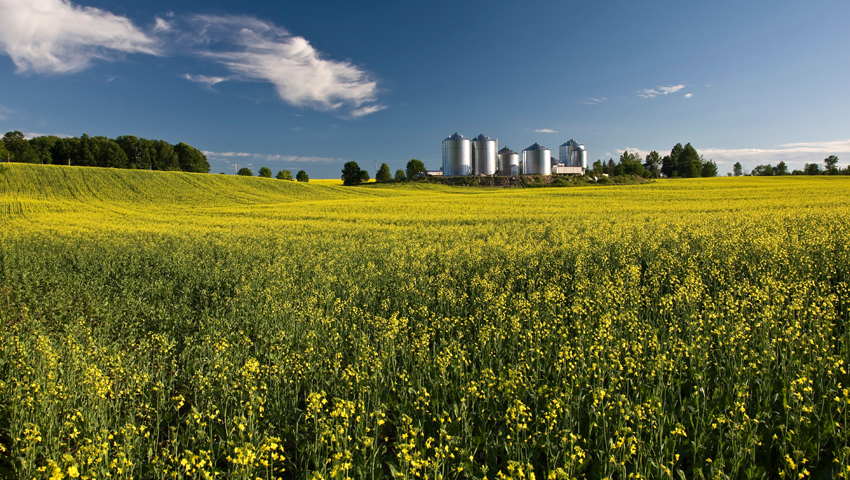BP IS considering buying stakes in biofuel feedstock producers and investing directly in farming ventures to secure supplies as the global race for the low-carbon fuel gathers pace. Reuters reports that BP plans to increase biofuel output three-fold by 2030 to roughly 4.5 million tonnes per year.
This tripling of the use of biofuel, says Reuters, is in line with forecasts from analysts at Barclays that predict global biofuel demand of 30 million tonnes by the end of the decade, compared with some 10 million tonnes now, and today’s crude oil demand of around 102 million barrels per day.
BP head of biofuels, Nigel Dunn, said in an interview that to reach its target, BP will construct five biofuel plants by 2030 to process “unloved” waste feedstock, known as Hydroprocessed Esters and Fatty Acids, or HEFA.
Premium biofuels are two to four times more expensive than today’s fossil fuel-produced fuels and costs could rise further as producers struggle to tap feedstocks over the coming years.
Mr Dunn said that BP will “almost certainly need” to acquire stakes in feedstocks manufacturers to secure supplies as competition intensifies, Dunn said.
As the European Union has banned biofuels produced from feedstock that can be used as food, BP is also considering investing directly in farming cover crops grown during fallow periods between two food crop cycles without compromising the health of soil.
“I believe that cover crops and novel feedstocks are going to need to be part of the mix if we’re going to be successful,” Dunn said.
BP rival Eni has already invested in building large feedstock farming operations in Kenya. Globally, about 30 million tonnes of waste are available as feedstock for biofuels. Given the predicted tripling in demand for biofuel by 2030, existing feedstock markets will be under pressure.
BP will decide whether to approve construction of its first HEFA plant in Australia by the end of this year, with the intention to start production in 2026, Dunn said.
